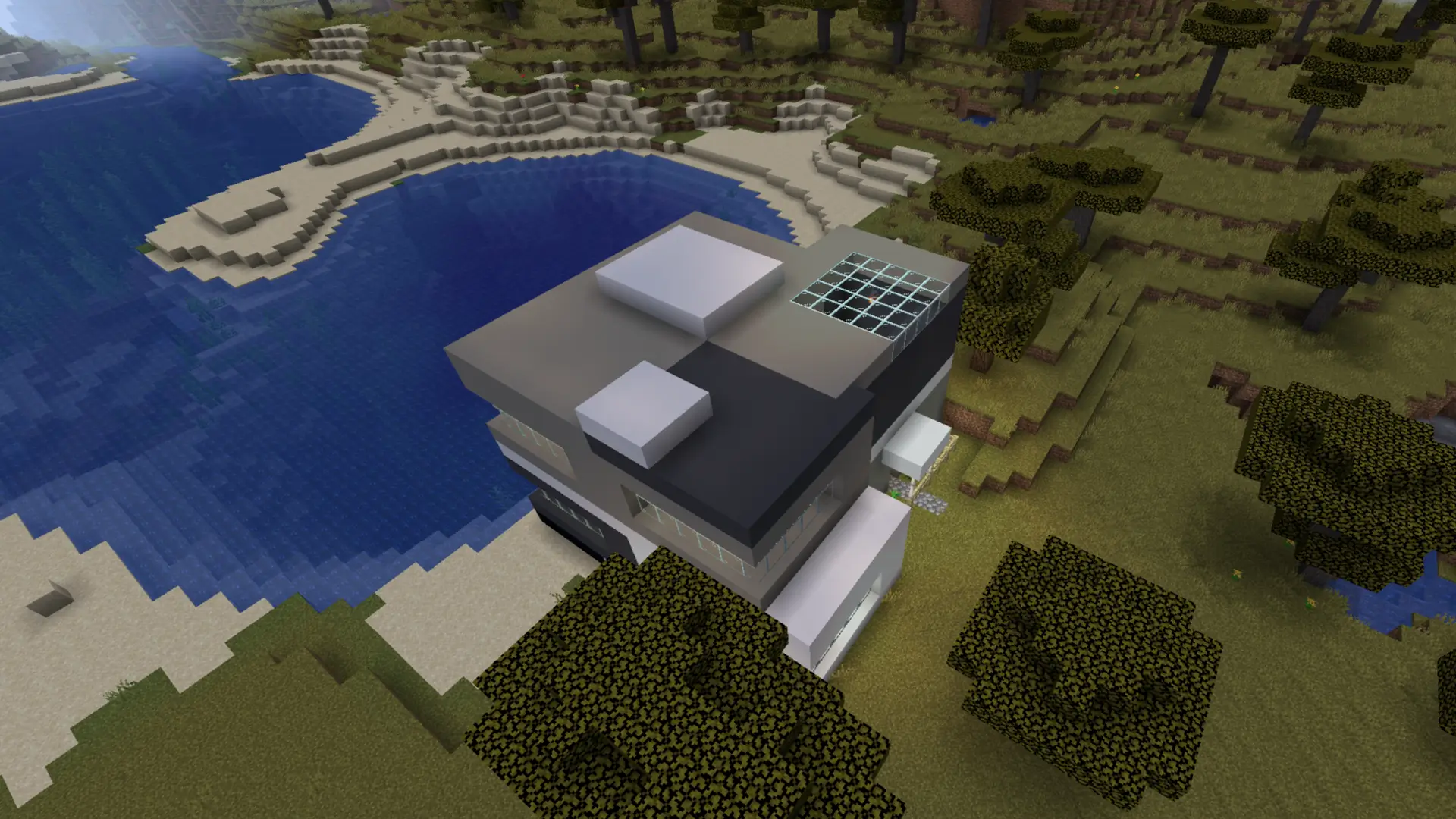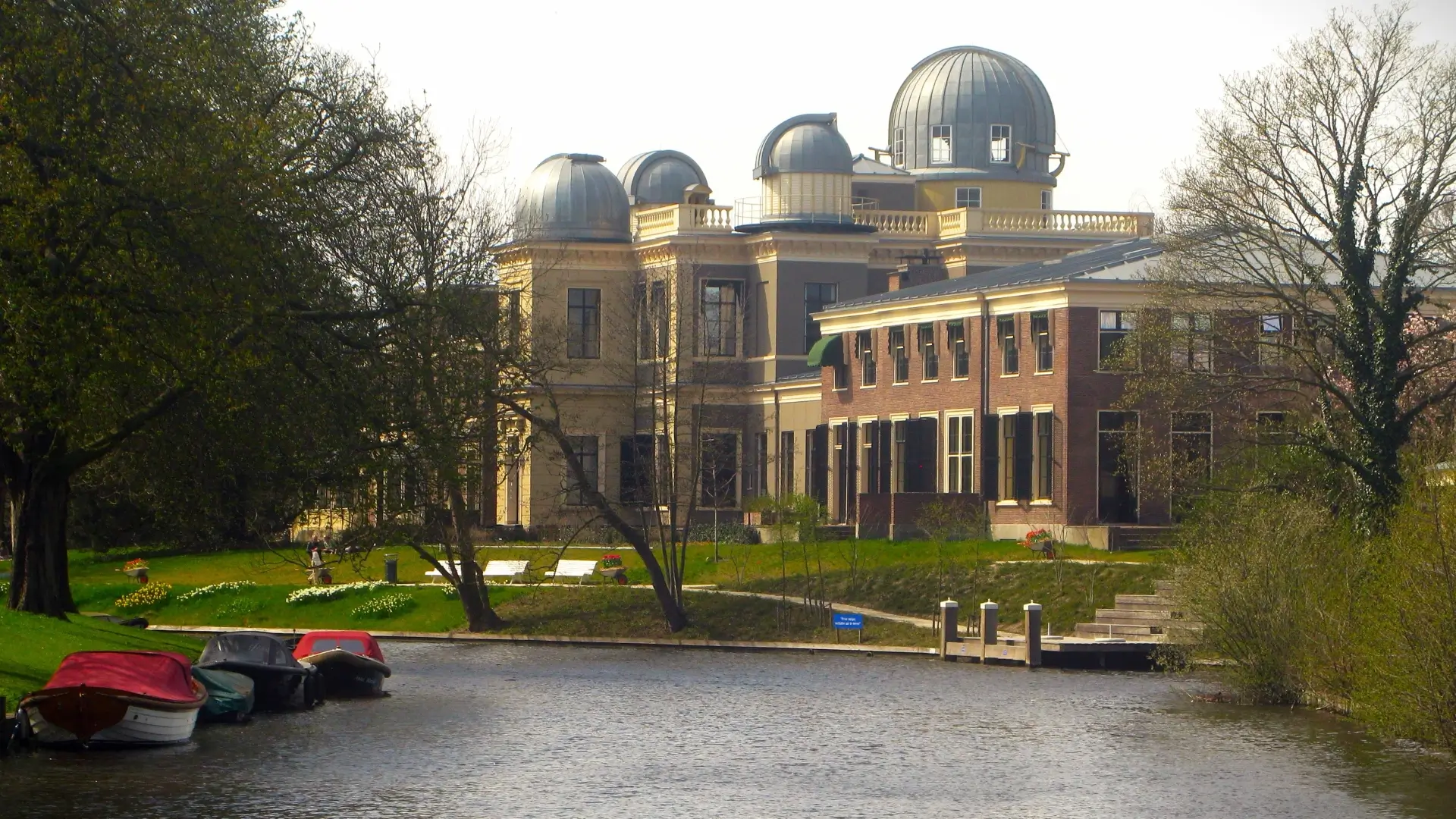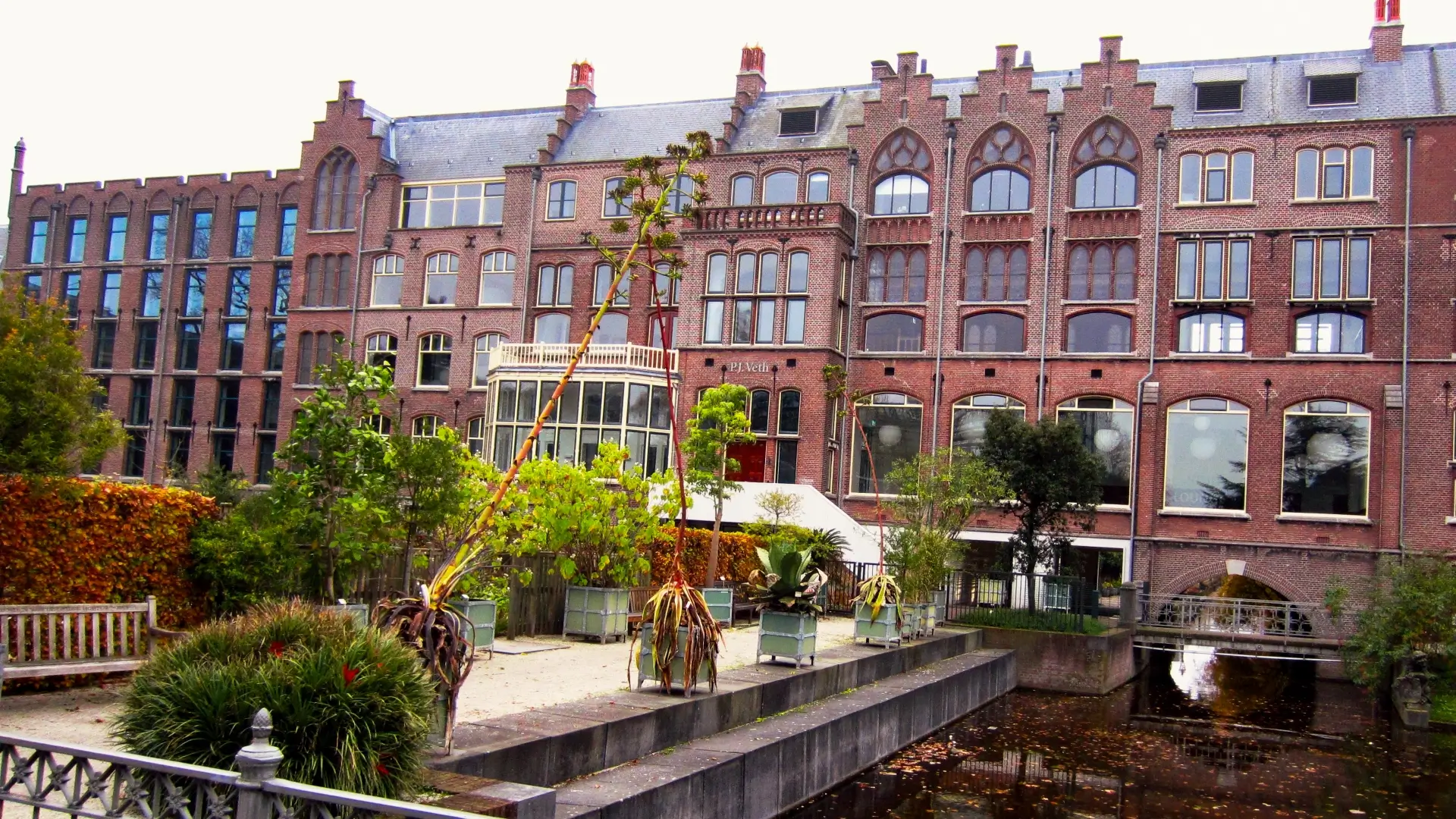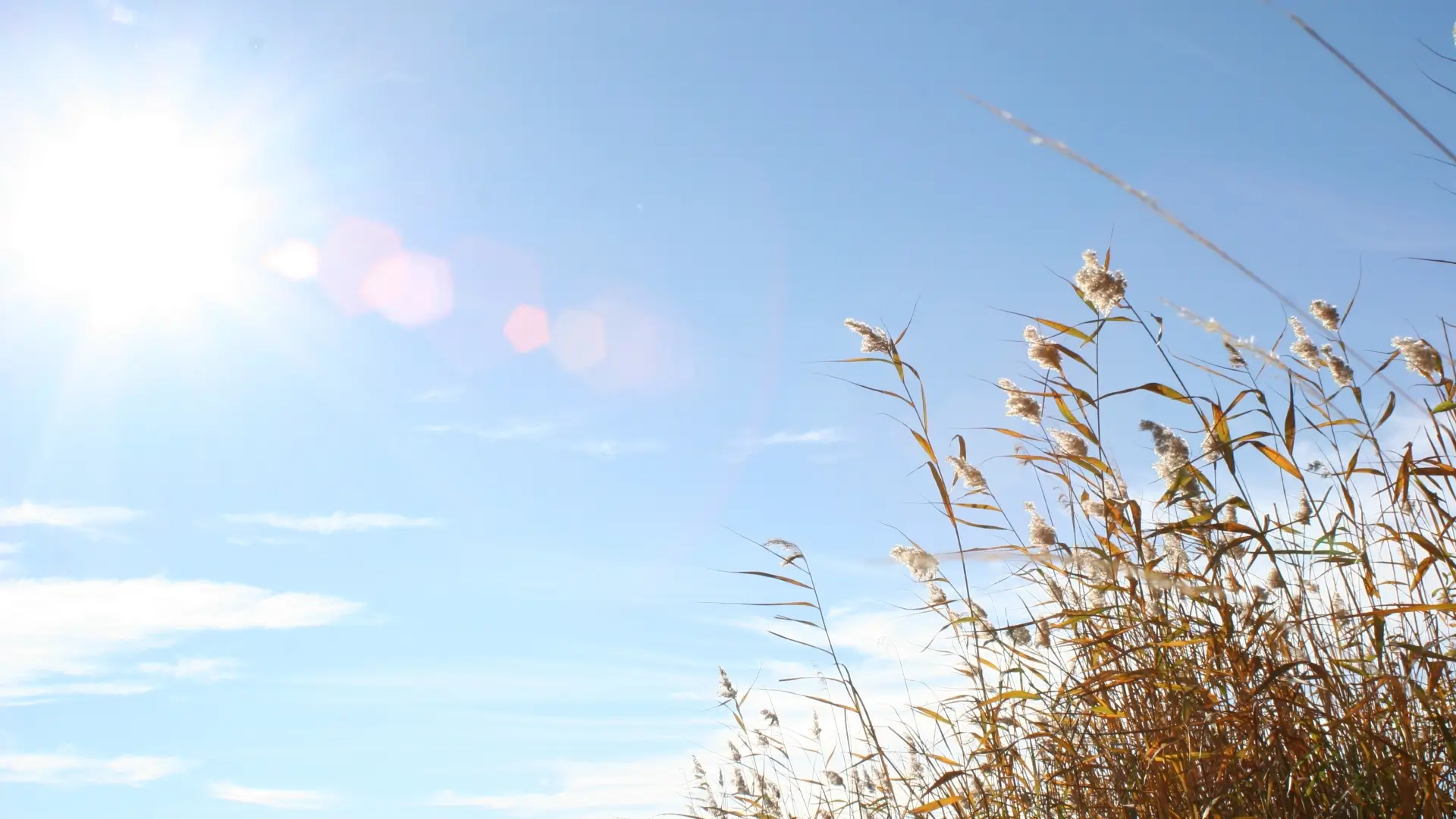CAREER ‧ EDUCATION ‧ LEIDEN UNIVERSITY
Bachelor's degree in Astronomy
September 2017 ‧ Aug 2021My first years at Leiden University gave me a foundation in astrophysics as well as skills gained from extracurricular activities.
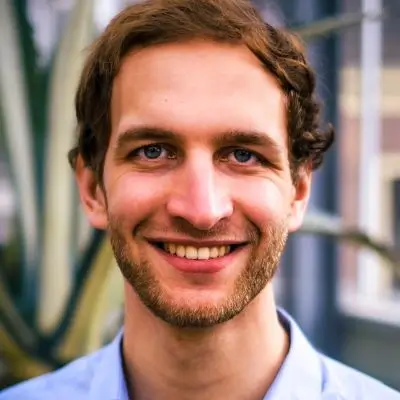 By Wessel van Dam ‧ August 31, 2021
By Wessel van Dam ‧ August 31, 2021Opting for astronomy as a major after my secondary education was a rather straightforward choice. Already in primary school I did a ‘report’ on The Universe (I felt no need to limit the scope any further than that) and after that I kept myself up to date on the topic. With good grades for maths, physics and chemistry, and pleasant experiences at the university’s open days, it seemed the logical thing to do. At the time, astronomy was not taught at that many universities in the Netherlands, and as Leiden was close by and since I had heard good stories about it from my sister (who was studying medicine already), I decided to go there.
Focused on studying
The first year was challenging but fun, especially when I learned to program in Python. This is where my interest in software development took off, although I did not realise it as such at the time. The second year was full of more complex astronomical concepts, but I nonetheless liked to learn about the interplay between mathematics and abstract concepts such as quantum mechanics and relativity theory. At the same time, I spend a lot of time on my extracurricular Honours College program, trying to finish most of it in my first two years as to keep my remaining years free for other activities.
Exploring other interests
My third year at Leiden University was devoted mainly to my board year at AEGEE-Leiden. Knowing that I would not be able to finish my bachelor’s degree at the same time, I chose to explore my interest in programming by following courses from the University of Amsterdam’s Artificial Intelligence major. A positive experience, this led me to picking many computer science related courses for the elective space in my fourth year. As such, while writing my bachelor thesis on the ratio of iron isotopologues in low-mass stars, I had solid foundations in both astronomy and computer science.
It was a tough decision to choose a master’s program as a continuation. While still interested in astronomy, I felt like computer science had more practical applications and connected better with my newly-developed passion for programming. While no longer actively studying astronomy, I am still very happy with what those four years brought, and like to keep myself up to date regarding new advancements and discoveries. When immersed in the vastness of the universe, as well as the elegance of the physics that govern it, the events of the world around us appear that much more mundane — not surprising, given that the word ‘mundane’ comes from the Latin word for ‘belonging to the world’.

